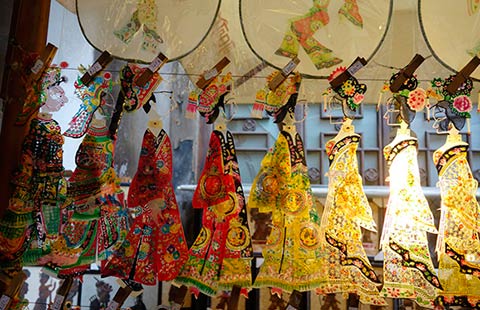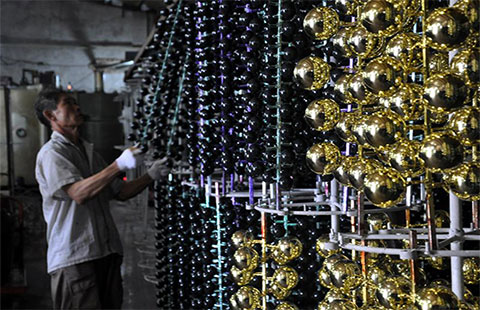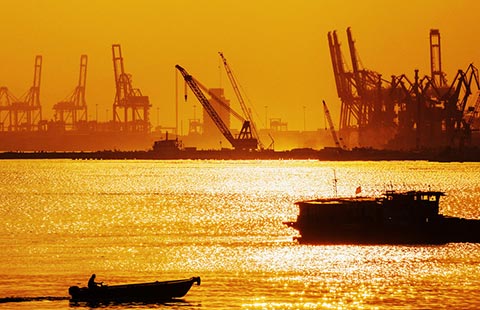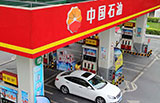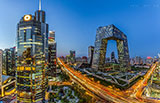China's tourism investment balloons
By Song Jingli (chinadaily.com.cn) Updated: 2012-06-20 15:53China's tourism-related investment is expected to grow fast to hit 3.2 trillion yuan ($503.24 billion) in 2012, Liu Feng, founder of Beijing Davost Intelligence Group, an intelligence service provider of tourism, predicted on June 16 at the 2012 China Tourism Projects Investment Conference in Beijing.
In the first quarter of 2012, real estate investment in the tourism sector amounted to 260 billion yuan, more than 20 percent of the total real estate investment of 1.1 trillion yuan in China, said Zeng Xiaocheng, CEO of tourism website 54588.com.
Fifty to 60 tourism funds have emerged since 2011, while there were no such funds in 2010, said Wang Qi, director-general of International Tourism Investment Association (ITIA), which hosted the investment conference on June 16 and 17. However, Wang said his 200 million yuan tourism fund will invest in areas other than property.
Tourism property development has become hot in the past three to five years, Wen Jianwu, president of Field Consultants, a consulting firm specializing in urban complex and tourism property, told chinadaily.com.cn. Property developers represented by Dalian Wanda Group and tourism companies represented by China Travel Service (Hong Kong) Limited (CTS) have both entered the tourism real estate sector, Wen said.
However, traditional property developers do not understand tourism, while traditional tourism companies do not understand property development, Wen added.
He suggested that small tourism projects which can differentiate themselves from others will be welcomed by consumers.
Chen Fang, a strategic planner for many tourism projects in China, warned that tourism investment needs a huge amount of money, but takes a long time for investors to get their money back and make a profit.
China's tourism revenue has grown at a double-digit growth rate annually for a decade, Che Shujian, president of the ITIA and former president of CTS, said. He added that the revenue for 2011 turned out to be close to 2 trillion yuan in 2011.
People's needs for tourism are getting diversified, shifting from pure sightseeing to more leisure-oriented, Che said.
Zeng said in most cases it is a destination's clear air and water resources that attracts people to travel there, not theme parks or culture.
Zeng explained that urban dwellers, especially white collar workers, are under high pressure during workdays and they tend to go somewhere just to relax over the weekend.
- China mulls decoupling asset evaluation industry, regulators
- China to encourage more loans to agricultural sector
- China's lottery sales slip
- Alibaba falls below IPO price as global markets plunge
- China and UK forge a greener partnership in fight against pollution
- Investing in a tomorrow full of possibilities
- Yuan decision just part of the reform process
- Rockchip, Allwinner challenging global chipmakers

